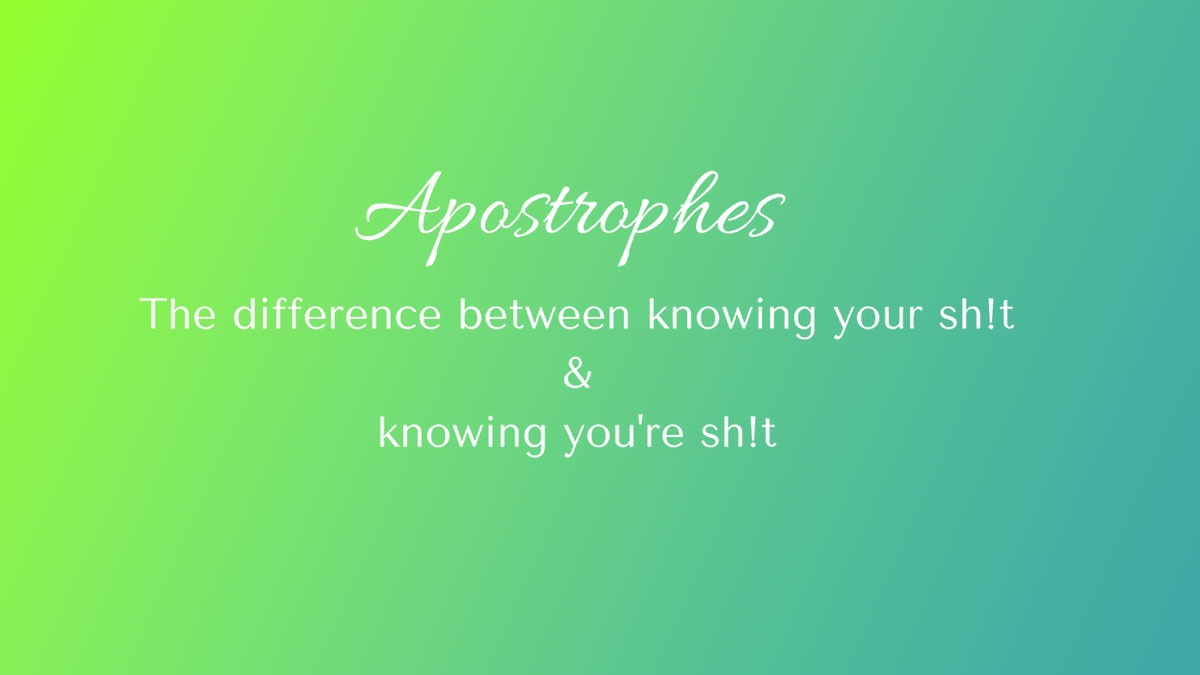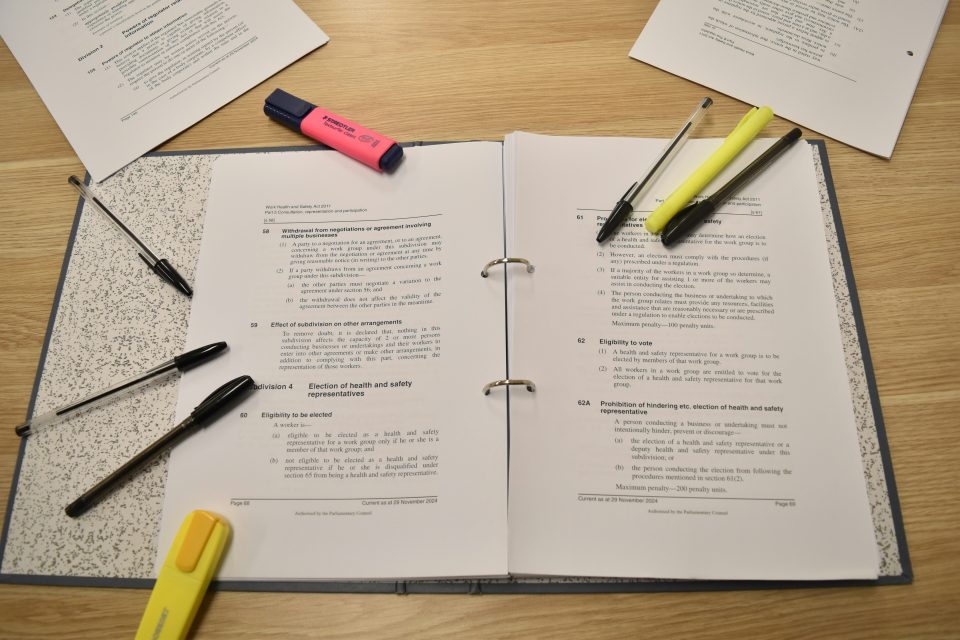
When we stop listening to the words
July 11, 2016
My problem with the language of flooding
November 2, 2016We’ve all been in situations where we just didn’t feel like we fit in – the first day at a new school or job, when moving to a new area or at a networking event where you just don’t seem to click with anyone.
Imagine what it’s like to be an apostrophe then, spending much of its time in situations it just shouldn’t be in. I’ve been wondering what it must be like to be an apostrophe (I know, I know, but it’s my job!) so here’s my tongue-in-cheek interpretation.
It’s my role in life to help improve understanding – not that I always get chance to do it. When the Grammar Gods were handing out jobs I must have been near the back of the queue as they gave me two things to do.
Like some character from a Greek tragedy my dual role has doomed me to being perpetually misunderstood, confusing a huge number of people who seem to think I’m some kind of Town Crier announcing the arrival of the oh-so-important S. I’m either in places I shouldn’t be, or glaringly missing from places I should.
Not like the Full Stop. Oh no, that solid, dependable punctuation mark that everyone knows how to use. His job has even got easier over the years now he’s not needed for acronyms. When was the last time you saw someone write N.A.S.A. or N.A.T.O.? Oh no, it’s simply NASA and NATO these days. Full Stop has got off easily and he’ll always have work.
And speaking of getting off easily, Semi Colon isn’t much better. She’s only used by a handful of people, having fallen out of favour like an ageing film star. She may as well have retreated to a lovely retirement village with a club house and on-site spa for the amount of use she gets.
Speech Marks, now here’s a whole different ball game. She’s taken punctuation to a whole new physical level, becoming more than a mark on a page and moving to be a movement in the air which denotes some level of sarcasm. She thinks she’s some kind of star, so wasn’t that impressed when the internet came along and promoted hash and @. They’re like the punctuation equivalent of reality TV stars, having risen to the dizzy heights of world fame without really doing much except being in the right place at the right time.
By contrast, I’ve always had a universal use and could have been quietly doing my job, day in, day out if everyone could truly understand what I can do.
I wouldn’t have thought it would be hard to understand my role, even though it’s in two parts. I simply help show that something belongs to someone or take the place of a missing letter. I say simply, unfortunately there’s always an exception to prove the rule and there’s one little word with a bit of a Napolean complex which does that. I don’t know why It thinks he’s all that, smug so-and-so. (Author’s note: take a look at the first sentence in the second introductory paragraph for both uses of the apostrophe and it.)
And that seems to be the root of all my problems – two uses, plus a confusing exception to the rule. What I wouldn’t give to hear that immortal phrase: “You had one job!”
In Eats, Shoots and Leaves Lynne Truss lists eight uses for the apostrophe. I think if you can nail an understanding of the two basic ones plus the regular exception you’ll get by in life.
In summary, you should use an apostrophe to:
- Signal a missing letter in a shortened word (a contraction) e.g. is not – isn’t
- Indicate possession e.g. this blog is Louise’s
Finally, be wary of it. It is the exception, that’s to say, it does not conform to the usual rules. Use an apostrophe for it is (it’s), but not for possession (e.g. the apostrophe spends much of its time misunderstood).



